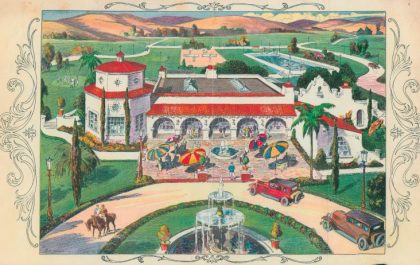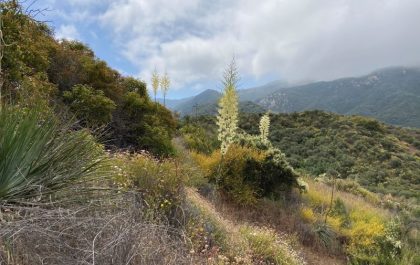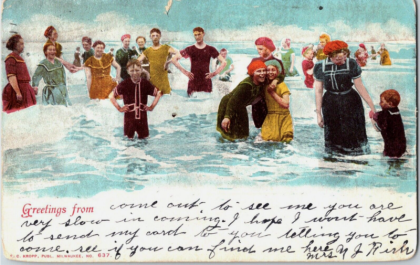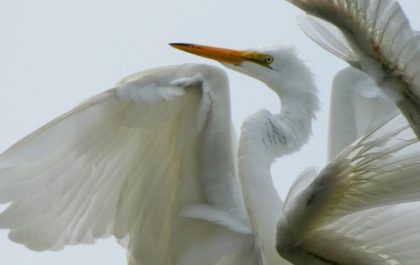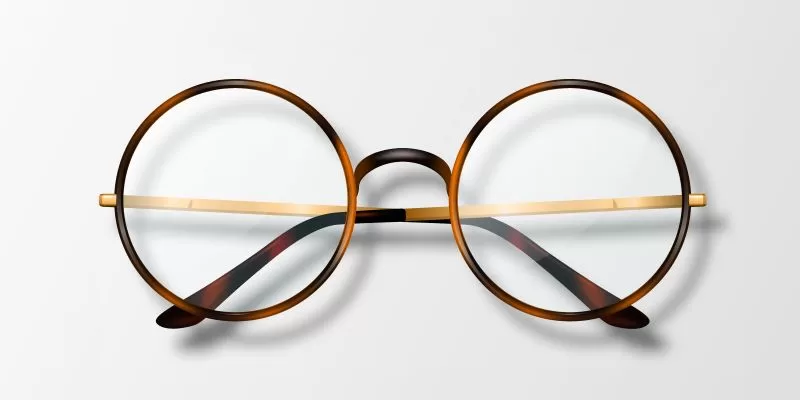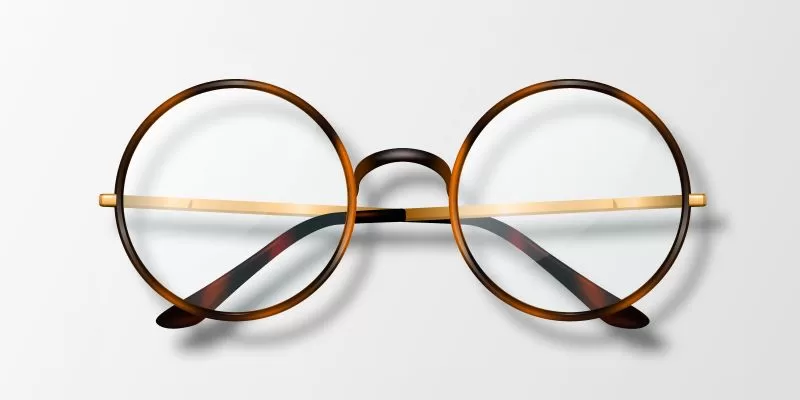
The Coastwatchers chronicles the adventures of James Ellis Anderson, a young boy from Illinois sent to live with his eccentric aunt in Malibu during WWII. In the tradition of fiction from that period, TNT is presenting this original story by TNT Editor Suzanne Guldimann in serial installments. The first chapter, which introduces James and his Aunt Maddie, debuted in our November 4, 2022 issue and is available online. Please join us, as we travel back in time to January 1942.
Aunt Maddie picked me up after school the next day. We thundered our way into Santa Monica in Ponselle. I felt very grand, like a visiting dignitary being driven down the road in that amazing car. I could see why Aunt Maddie had given the Bugatti a name, it really did have a personality. It purred and growled like an oversized cat.
With the ocean behind us this time, I could pay attention to the street we were driving on. It was a real town, a busy one, with an electric rail running down the street, and tall buildings on either side.
Aunt Maddie took me to her own optician’s office. I had to sit in a chair kind of like the one at the dentist’s and look through a whole bunch of different lenses. It looked scarier than it was. When the exam was over, Aunt Maddie let me choose my own eyeglass frames from the display at the counter. I selected round metal ones that the man said were the kind worn by aviators.
We picked the glasses up the following week. Afterwards, Aunt Maddie took me to look at the Santa Monica Pier. It had a rollercoaster—all rickety wood that would have rattled your teeth—and a dance pavilion straight out of an illustration from Arabian Nights, but that part was off limits—the military was moving in, and the pier swarmed with activity.
We rode the carousel, and it was the most beautiful one I’d ever seen. All the horses were running and dancing, their carved wooden heads tossing, bridles and saddles decorated with glass jewels.
I couldn’t imagine Aunt Charlotte or even Father riding a carousel horse, but Aunt Maddie and I raced side by side, up and down to the glorious racket of the calliope, and when the ride was over, she paid for us to go again. Afterward, she bought us ice cream, and we watched the fishing boats in the bay—lots of them. The government had just taken over a lot of the port at San Pedro, Aunt Maddie told me, and the fishing boats were all displaced.
It remains a vivid memory, as sharp and clear as the view through that first pair of glasses. I can still see everything in detail. The pale yellow eyes and gray and white feathers of the gulls hovering in the air above us, their feet like half-unfurled umbrellas; the names on the boats—Palisades, Faith, Star of Baja, Dorian, and Baracuda—and the ghostly shape of Catalina Island, shimmering like a mirage on the horizon.
I had been scared when I handed my aunt the note my teacher wrote about me needing glasses, but I shouldn’t have been. Aunt Maddie just grinned at me in a sympathetic kind of way.
“Don’t feel bad,” she said. “Our side of the family all wears glasses, or did. Everyone except your Uncle Jimmy, and if he’d live long enough he probably would have needed them, too.
“I have—had—an uncle?” I asked, astonished.
“James Ellis,” she said. “Your mother named you for him, didn’t you know?”
I didn’t.
“He died in the Great War,” Aunt Maddie said. “He wasn’t that much older than you are now, but it was a long time ago, long before you were born.”
She had turned the conversation to dinner then, but I still had questions.
“Tell me about my Uncle Jimmy,” I asked.
Aunt Maddie was staring out at the horizon and didn’t answer at once. “He was funny, good natured, clever and inventive,” she said at last. “You could have dropped him in the middle of a desert and he would have found an oasis, built a shelter out of palm fronds, and made friends with the rattlesnakes before the day was over.
“We had a rough time after our father died. I don’t know how we could have managed without Jimmy. I was 19, he was 15, and your mother was only 11. I got a job turning movies into stories for a cinema magazine. It didn’t pay much, but it helped. Later, I worked my way up to title cards. It was the early days of the movie industry and the films were silent. Title cards were essential to help the audience know what was happening. That paid a little more.
“Jimmy sold papers, mowed lawns, and did odd jobs after school and on weekends. Between us, we made enough to keep everyone fed, a roof over our heads, and our family together. It was a hard time, but Jimmy refused to be discouraged, even when things looked hopeless. He was full of laughter and an unquenchable optimism,” she sighed. “He died fighting in France, in the first major U.S.-led offensive. He is buried there, in the American Cemetery at Saint-Mihiel.”
“Was he a hero?” I wanted to know.
Aunt Maddie turned her gaze from the fishing boats on the horizon and looked at me.
“He was,” she said. “Not because he died in the war, but because he was good, and kind, and always tried to do the right thing, even when it was hard. Now, it’s getting cold. Let’s go home.”
◆◆◆
The glasses made a big difference in my life, but so did the knowledge that I was named for my uncle. It made me feel that I belonged, in a way I never had before, and it made me want to make a difference, like my uncle did. I set to work on the Coastwatchers with a new will.
Jessie, Kitty and I planned all of the details for the first issue of our newsletter. I wrote about coming to California and meeting everyone on the ranch. It wasn’t exactly about the war effort, but I wrote about all the soldiers I saw on the train.
”Keep it short,” Jesse implored. “Remember, we have to set each word by hand.”
She wrote about how the Coast Guard was protecting the beach. We also had a list of information, like how to take first aid classes at the Red Cross and how to volunteer for the Civil Defense. “Dad says that the Malibu District is 300 square miles and that the Civil Defense is scrambling to find enough volunteers,” Jessie said. “We can use that as a quote.”
Kitty was working on an illustration for my story, which would be the main feature. She had surprised Jessie and me with a beautiful masthead for the paper. She had carved “The Malibu Coastwatcher” onto a flat scrap of wood. It was carved backwards, but printed onto a piece of paper it read right way round, and she had embellished it with the horizon line of the ocean and Point Dume in the distance, with gulls flying above the clouds.
“We can print it on every paper,” she explained. “I’m going to do the illustrations that way, too.”
Kitty made a picture of the train traveling across the plains for my article. She didn’t want to write, but she had lots of good suggestions.
Setting the type was a fiddly business and we ran into all kinds of challenges. Jessie’s printing press was more of a toy than a tool. It was hard to load the letters into the trays, and the pieces of type were always getting lost. We never did find a capital “Z” so Mr Zelle’s name had to be set with an “N” turned on its side.
It took a whole weekend to set the text for the first issue of The Malibu Coastwatcher. Jesse and I did that part and printed each newsletter on the press, one at a time. When the ink was dry, Kitty took each page and used her wood carvings to add the paper’s name and the illustration she had made of the train. Some of the copies were a bit smudged, but the end result was a real newsletter, something worth picking up and looking at. I don’t think I was ever so proud of anything in my life.
We printed 15 copies: one for each of our families; one for our teacher, Mr Philips; one copy each for the other houses in the canyon, and three left over for anyone we had forgotten. It wasn’t until after they were printed and dried and neatly folded that I realized I had spelled Malibu “Mailbu” in my feature. I guess Lewis and Clark aren’t the only ones who aren’t good at spelling.
